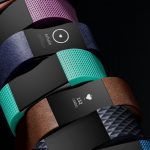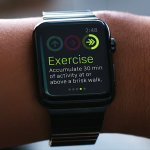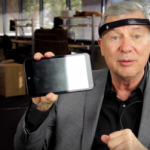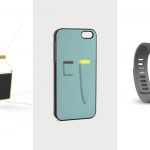Can wearable technology can help the elderly?
Can wearable technology can help the elderly?

Recent studies indicate that by 2030 the United States population will be comprised of around 74 million elderly individuals. Such a percentage is reason to look at new senior health solutions that can provide proper, swift and affordable care.
Adults are living longer lives now, and they are experiencing new health, economic and living struggles. With many of the elderly experiencing health problems that include poor mobility, vision loss, hearing loss, communication barriers and memory loss, wearable technology can be helpful.
See Also: Can this new wearable provide new insight into epilepsy?
Wearable technology is already commonplace among younger people to keep track of exercise, diet and other health issues. Major brands are now beginning to focus on older generations, with the hope of assisting them through smart products that can help them manage their health too.
A few smart technology gadgets that could be of help include smart glasses for poor eyesight caused by macular degeneration, and trackers that record heartbeat to discover any abnormalities and possible issues. Wearable sensors could also detect dehydration and balance issues, which could help minimize injuries from falling.
Wearable solutions for the elderly
Schrock Innovations’ Allen Band and UnaliWear’s Kanega Watch are two gadgets that assist in keeping patients safe. The Allen Band is worn on the wrist and detects falls. If wearers have an accident, they are required to press a button to signal that they are uninjured. If no signal is received, caregivers are alerted. The band also monitors heart rate, body temperature and movement.
“The most important thing to remember is you are designing technology for people who need the benefits of a device but lack the skills in many cases to use modern tech,” states the designer, Thor Schrock. “It is simply not possible to design a device that meets the expectations of a millennial while being operable by an octogenarian.”
Smart socks with attached sensors that can warn diabetics when they are at risk, and smart watches that tell patients when to take their medicine are two other wearable devices that are available.
Many other medical solutions are in the development stages as well. Canada’s OMsignal has designed a shirt with thread-based sensors that are able to track stress levels and share vital information with family members and caregivers.
The post Can wearable technology can help the elderly? appeared first on ReadWrite.
(40)












